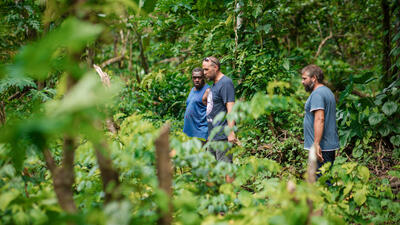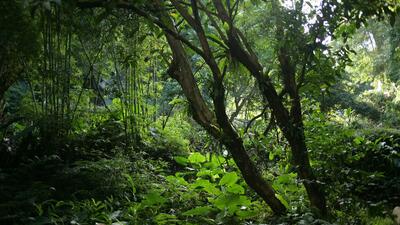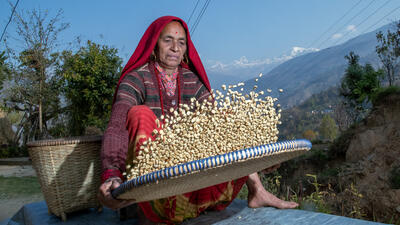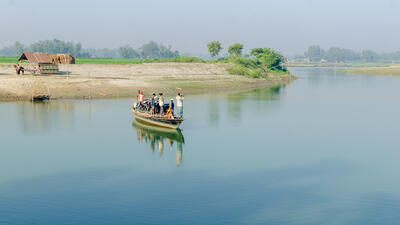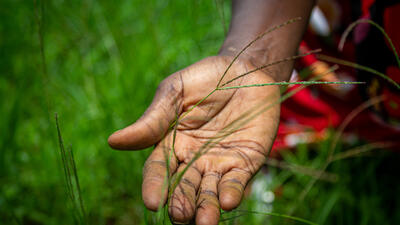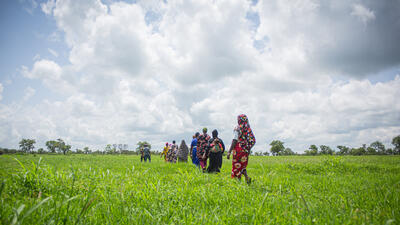
Nature-positive trade for sustainable development
Trade, biodiversity, and sustainable development agendas can be mutually supportive, with small businesses as key agents of change.
Trade and trade-related policies are increasingly recognized for addressing the global biodiversity crisis. Even though trade can exacerbate biodiversity degradation and loss, it has the potential to support conservation, sustainable use, and restoration with co-benefits to sustainable development.
The Kunming-Montreal Global Biodiversity Framework, coupled with the growing interest in environment and sustainable development as part of trade policies and measures, presents opportunities to explore how the global trade, biodiversity, and sustainable development agendas could be mutually supportive.
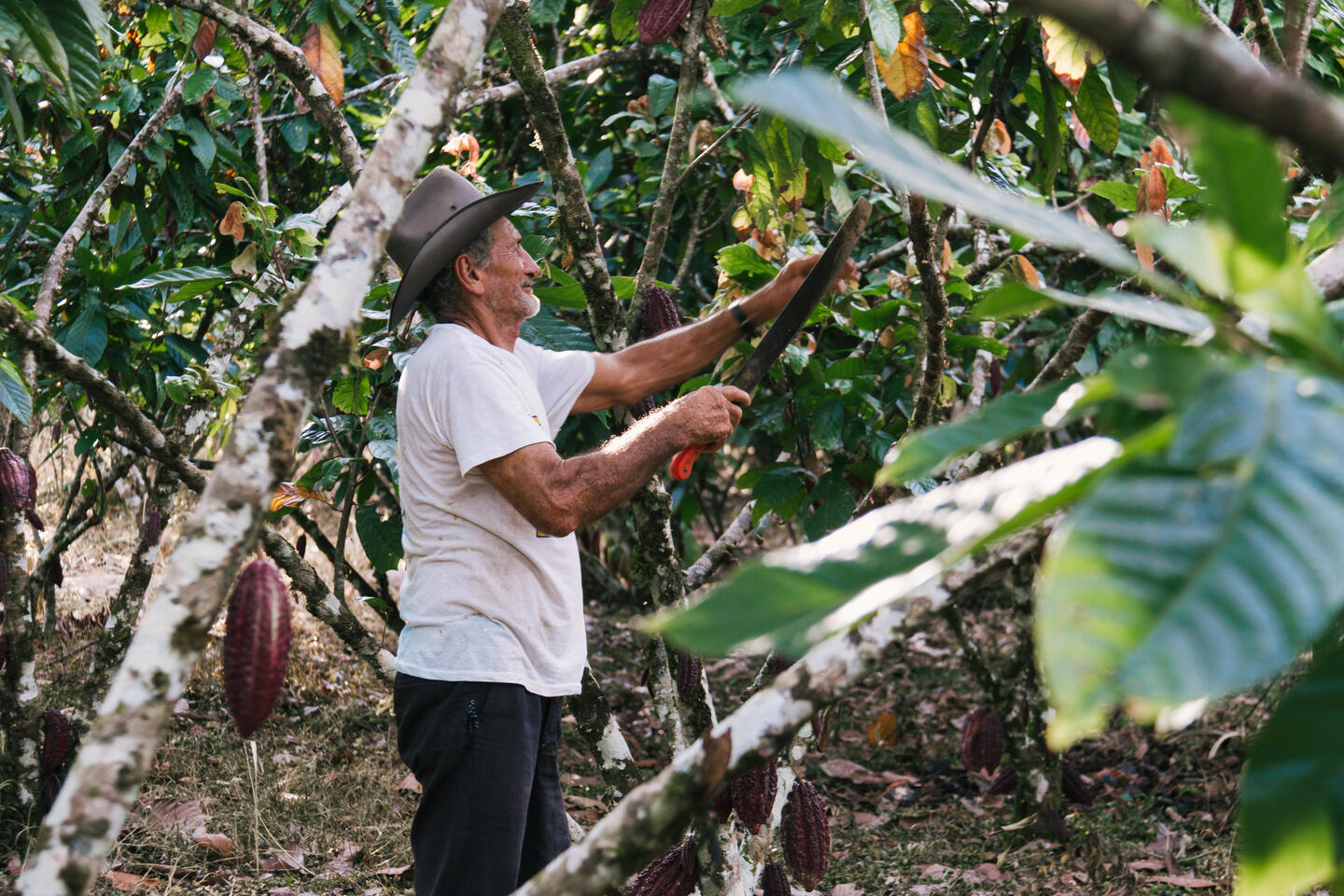
A review of the Global Biodiversity Framework targets led by UNEP under the TRADE Hub project shows that trade and trade-related policies and measures are relevant to achieving all targets in the framework.
Sustainable management and use of ecosystems and biodiversity resources directly benefits from having trade-related policies and measures in place that support sustainable supply chains.
Similarly, addressing important drivers for biodiversity loss such as pollution, climate change and consumption stands to gain from trade-related cooperation to curb emissions and pollution, including plastics pollution.
Trade can also directly incentivize sustainable – or unsustainable – use and harvesting of wildlife, with trade-related policies and measures influencing how benefits from such wildlife trade are distributed among stakeholders.

To better align the global biodiversity and trade policy agendas we need to understand the underlying trade and sustainable development related objectives that countries aim to advance. Many of these objectives are linked to the social and economic aspects of the 2030 Agenda for Sustainable Development and its Sustainable Development Goals (SDGs), including generating decent work, expanding employment opportunities, and securing sustainable livelihoods.
It is also important to understand the challenges associated with aligning biodiversity and trade goals. This is especially true for producers and exporters of biodiversity-related products and resources in developing countries.
This includes natural resources that rely on production or extraction processes with often significant impacts on biodiversity (for instance, mining)—and at the same time host a major share of biodiversity globally with limited resources available for its conservation and sustainable use.
Moving forward, international cross-policy dialogue and cooperation can ensure that policies in the trade and the biodiversity spaces do not undermine each other and that they both support sustainable development.
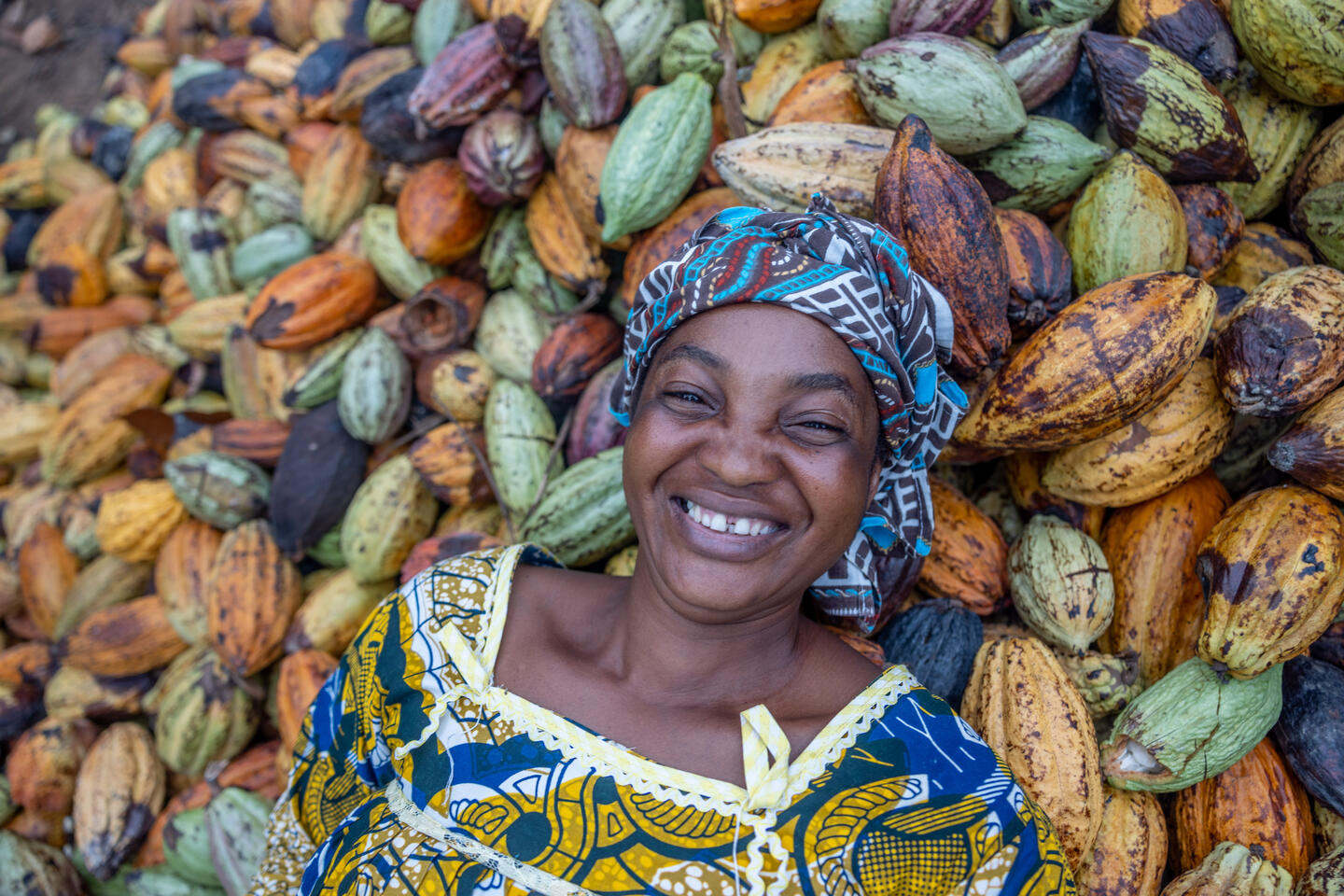
Including small businesses in global value chains can support both biodiversity objectives and sustainable development, particularly in developing countries where small businesses and smallholder farmers drive the economy.
However, they lack capacity, access to suitable finance, and appropriate affordable technologies to pursue economic opportunities to do so. In addition, shortfalls on the part of governments in regulatory capacity, institutions, and resources needed to develop and enforce environmental laws are also a challenge that can hold back businesses interested in turning biodiversity-friendly production to their competitive advantage.
Currently, a major challenge for small businesses is meeting the environmental standards and/or certification requirements for exporters and producers. Environmental requirements vary across importing countries and are often coupled with multiple frameworks established by importing business sectors.
Dealing with increasing requirements for labelling, transparency, and traceability of products, such as those linked to deforestation, requires not only dedicated know-how but also significant financial, technological, and technical resources.

Many commodities associated with biodiversity loss and ecosystem degradation (for example, oil palm, cocoa, soya, and coffee) are linked with the supply chains of multinational companies operating in or sourcing from developing countries, often with a substantial involvement of small business and smallholder farmers.
International companies should help to deliver co-benefits between biodiversity, trade, and sustainable development objectives through small businesses and smallholders, for example, by providing price premiums for and long-term investment in sustainably sourced products as well as capacity building and access to technologies that support a transition to sustainable production practices.
Moving forward, successfully addressing these challenges can realize co-benefits between trade, biodiversity, and sustainable development.
Small businesses need more support in learning and building on good practices, while integrating biodiversity-related goals and considerations into technical assistance and capacity building for sustainable trade, including through Aid for Trade.
The Nature-positive trade for sustainable development webinar series runs from June 2023 to March 2024 and supports information and knowledge sharing among experts and institutions. The following institutions working in the intersection of biodiversity, trade, and sustainable development cooperated on the series: the UKRI GCRF TRADE Hub, UN Environment, World Trade Organization, the Convention on Biological Diversity, the UN Conference on Trade and Development BioTrade Initiative, and the International Trade Centre.
* TRADE Hub is an initiative led by the UN Environment Programme World Conservation Monitoring Centre.






